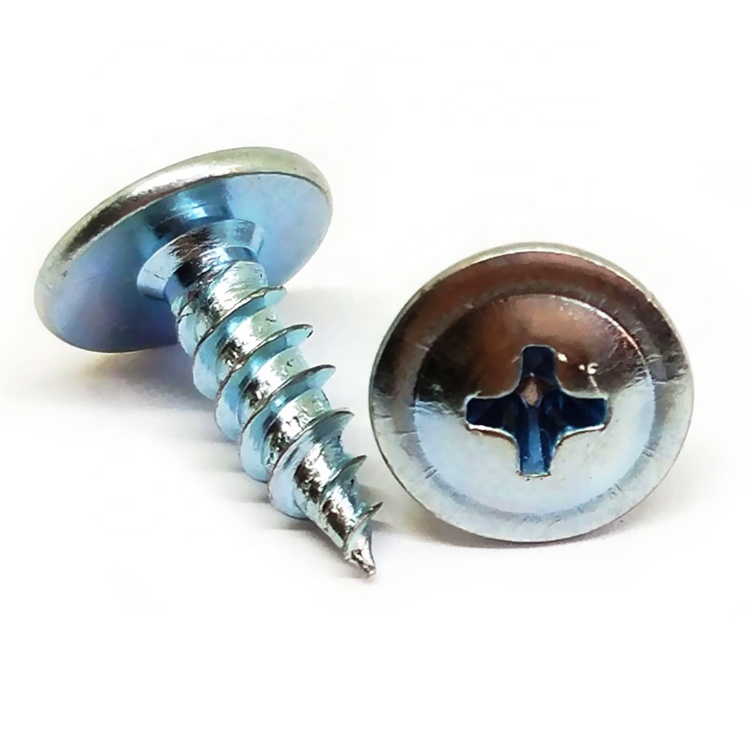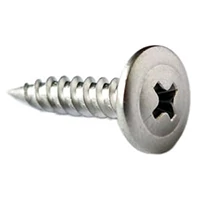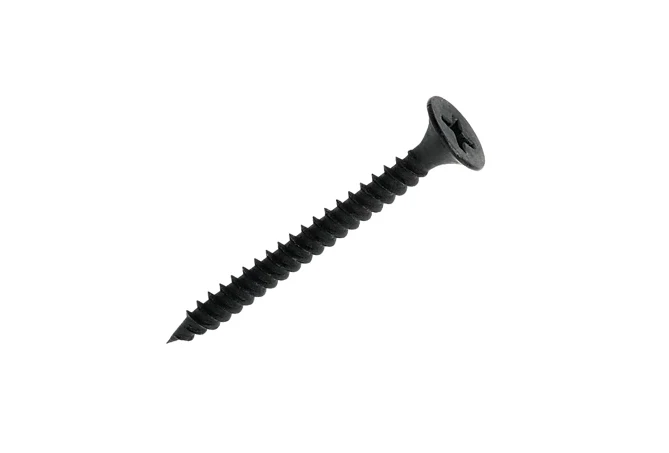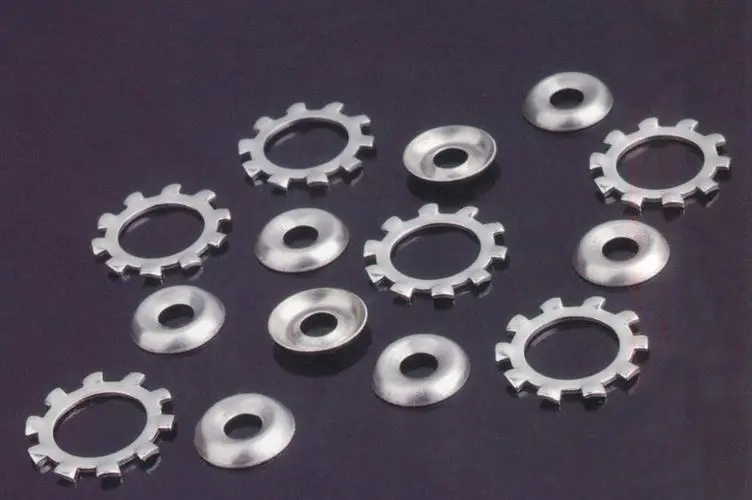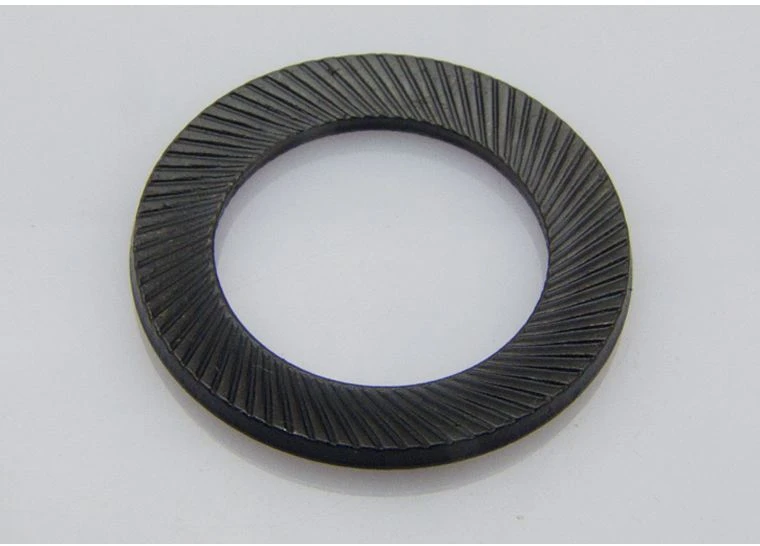Self-tapping screws have various names. They’re often called metal screws, sheet metal screws, tapping screws, or tapper screws. Their tips come in different shapes: pointed (like a pencil), blunt, or flat, and they are described as thread-forming, thread-cutting, or thread rolling. If the screw is pointed, it will be thread-cutting – tapping and creating threads in a pre-drilled hole. If the tip is flat, it is thread-rolling – rolling or extruding threads and creating zero clearance between screw and material.
When it comes to selecting the right self-tapping screw, it’s important to consider the material the screw will be used on. Different types of self-tapping screws are designed for specific materials, such as wood, metal, or plastic. The size and length of the screw should also be considered, as well as the desired level of torque, or tightening force, required for the application. Self-tapping screws are generally easy to install and can be used with a variety of tools, including power drills and screwdrivers. However, it’s important to note that over-tightening can cause the screw to strip the threads, reducing its holding power. It’s also important to ensure that the pilot hole, or hole that the screw is inserted into, is the correct size and shape to ensure proper thread formation and holding power.
The most important difference between self-tapping and self-drilling screws is that self-tapping screws cannot go through metal without a pilot hole, which must be pre-drilled or pre-punched. One of the main advantages of self-tapping screws is that they do not require pre-tapping, which is the process of creating threads in the material before inserting the screw. This eliminates the need for additional tools and can save time and labor costs. Additionally, self-tapping screws can be used in materials that are too thin or brittle to be pre-tapped, making them a versatile choice for a wide range of applications.
Exact drill or punch hole size is also important. The screw will become loose and not thread properly and securely if the hole’s too big. If the hole’s too small, the screw can break or cause the material to split or crack. Self-tapping screws are good for use with metals, various types of plastics (plywood, fiberglass, polycarbonates), and cast or forged material, like iron, aluminum, brass or bronze. Self-tapping screws also work for surfaces where you can’t secure the rear end with a nut. Common applications include fastening aluminum sections, attaching metal brackets onto wood, or inserting screws into plastic housings. In conclusion, self-tapping screws are a versatile and convenient option for creating threads in a variety of materials. They are easy to install and can save time and labor costs, making them a popular choice for many applications. By considering the material, size, length, and thread pattern of the screw, and by following proper installation techniques, you can ensure that your self-tapping screws will provide a secure and reliable hold.
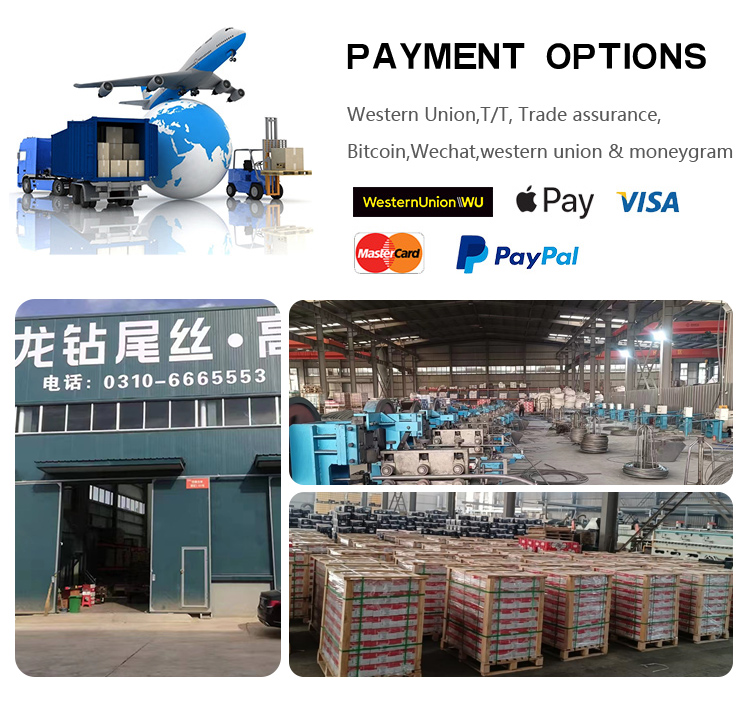
- 装货当天,客户参观了我厂,检查了他们的自钻螺丝。
- 我们的客户很高兴看到我们所有的产品都经过光亮的表面处理,质量上乘。
- 镀锌自钻螺丝经过专门设计,可抵抗腐蚀和生锈,确保它们在任何环境下都能保持安全和稳定。
- 作为一家公司,我们致力于产品质量,这就是为什么我们使用最好的材料和最新的技术来生产我们的自钻螺钉。
- 总之,我们的访客对他们的出货检验印象深刻,并对我们产品的质量和包装非常满意。
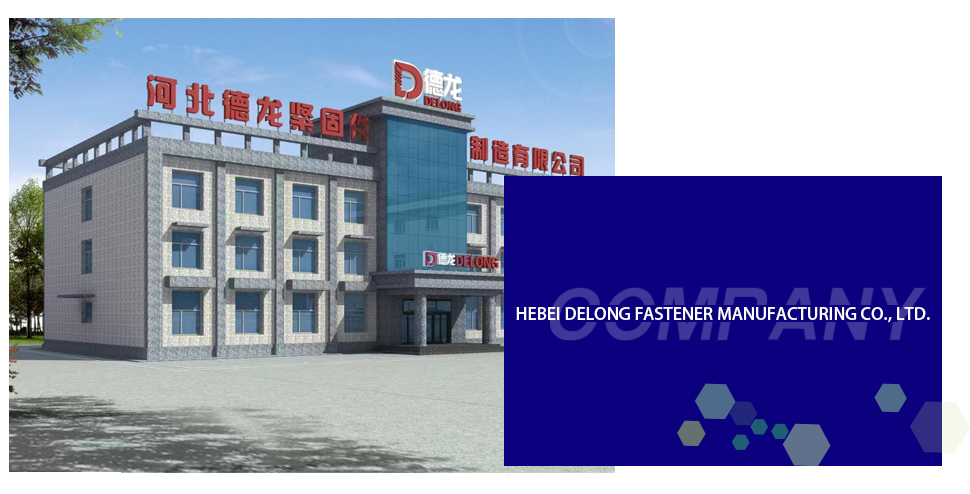 河北德龙紧固件制造有限公司位于紧固件集散地河北省邯郸市永年区。紧邻京珠高速、京广铁路和107国道,交通便利,地理位置优越。
河北德龙紧固件制造有限公司位于紧固件集散地河北省邯郸市永年区。紧邻京珠高速、京广铁路和107国道,交通便利,地理位置优越。
公司成立于2006年,公司专注于高端紧固件的研发,年生产能力8000多吨。拥有台湾一流的生产设备、技术和热处理设备
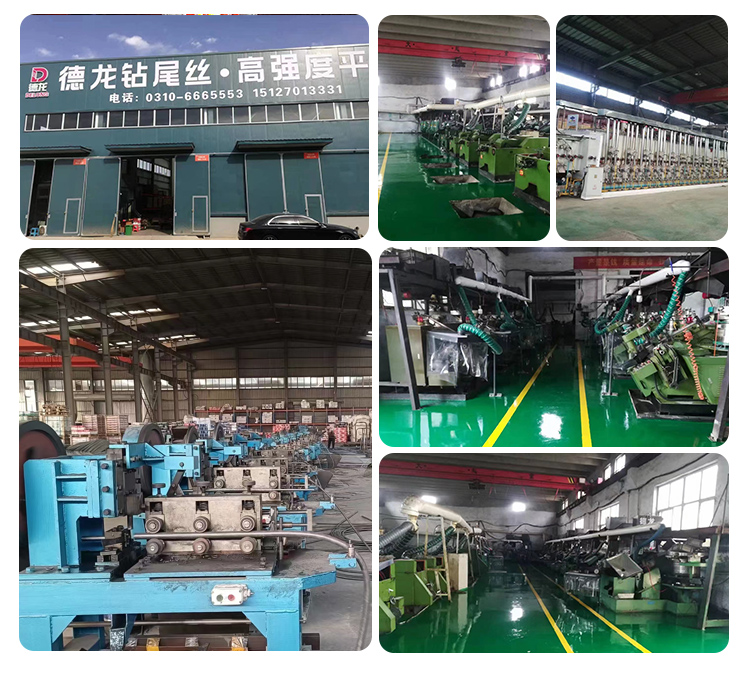
总经理: Mr Jin
电话: 86-310-6665553
移动的: +86 13703109255
什么应用程序: +8615932307696
网站: www.delongfastener.com
电子邮件: sales@delongfastener.com



